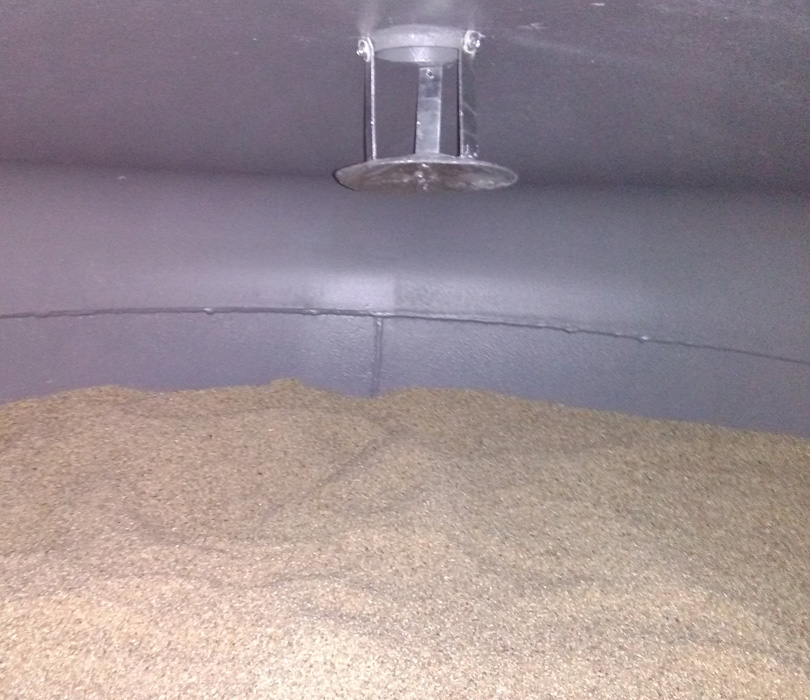
- Home Page
- Corporate
- Solutions
- BIOLOGICAL TREATMENT SOLUTIONS
- MECHANICAL EQUIPMENTS
- Basket Screen
- Belt Conveyor
- Belt Press
- Carbon Filter
- Channel-Type Penstock Cover
- Circular Scraper Bridges
- Circular Screw Screen
- Combined Screening and Degritting Unit
- Filter Press
- Flash Mixer
- Grit Classifier
- Horizontal Shaft Surface Aerators with Brush
- Jet Aerator
- Jib Crane
- Lifting Station
- Linear Mechanical Screen
- Longitudinal Scraper Bridges
- Manual Screen
- Odor Control System
- Perforated Screen
- Polyelectrolyte Preparation Unit
- Pressurized Sand Filter
- Rotary Drum Screen
- Screning Press
- Slow Mixer
- Spiral Conveyor
- Surface Aerators with Fixed and Floating - Type Fans
- Wall-Type Penstock Cover
- CHEMICAL AND INDUSTRIAL TREATMENT SOLUTIONS
- RIVER WATER TREATMENT
- References
- Documents
- Contact



 Datasheet
Datasheet Katzwanger Str. 150, 90461 Nürnberg, Germany
Katzwanger Str. 150, 90461 Nürnberg, Germany
 +49 163 703 74 47
+49 163 703 74 47
 info@ptech-gmbh.com
info@ptech-gmbh.com




